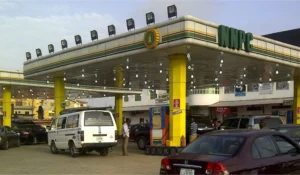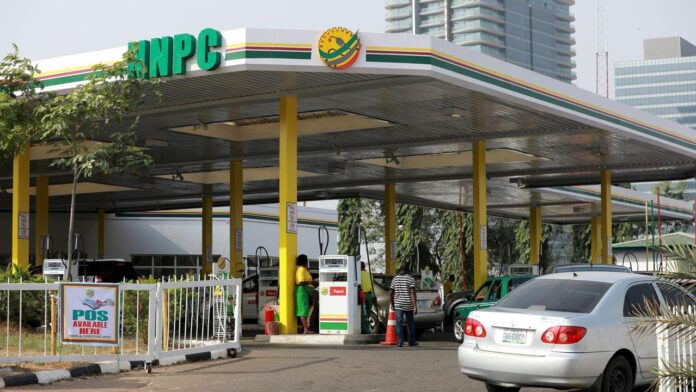In a significant crackdown on illegal activities in the oil sector, the Nigerian National Petroleum Company Limited (NNPC) has announced the discovery of 122 illicit oil refining sites in the Niger Delta region over the past week. This revelation was made public in a documentary released on Tuesday, May 28.

The NNPC detailed that, along with the illegal refineries, 65 unauthorized pipeline connections were identified and dismantled in various parts of the oil-rich Niger Delta, including Rivers State and other neighboring states. The extent of these illegal operations underscores the ongoing challenges in safeguarding Nigeria’s vital oil infrastructure.
The 122 illegal refining operations were found in several locations, specifically Tomble II, III, IV, Umuajuloke in Rivers State, as well as Oporomor III, Eduwini, and Ajatiton in Bayelsa State. These sites have been operating outside the law, posing significant risks to the environment and the economy.
In addition to the illegal refineries, the NNPC reported the discovery of vandalized wellheads in Tomble IV, Rivers State, and Egbema in Imo State. One particularly alarming find was a pit filled with crude oil, sourced from a vandalized wellhead, highlighting the environmental damage caused by these illicit activities.
The documentary serves as a stark reminder of the persistent issue of oil theft and illegal refining in the Niger Delta, a problem that has plagued the region for years. These activities not only lead to significant economic losses but also result in environmental degradation and health hazards for local communities.
The NNPC’s efforts to combat these illegal operations are part of a broader strategy to enhance security and operational efficiency in the oil sector. By uncovering and dismantling these illicit refining sites and pipeline connections, the NNPC aims to curb the significant losses incurred by the national economy due to oil theft and to protect the integrity of Nigeria’s oil infrastructure.
The scale of the problem is vast. The illegal refineries operate by tapping into the extensive network of pipelines that transport crude oil across the region. Once they have access to the oil, these illicit operations refine it using makeshift equipment, often in remote and difficult-to-access areas. The refined products are then sold on the black market, providing substantial profits for the operators but causing considerable harm to the country’s legitimate oil industry.
The environmental impact of these activities cannot be overstated. The crude oil extraction and refining processes used by these illegal operations are highly unregulated and unsafe. Spills and leaks are common, leading to widespread contamination of soil and water bodies. This pollution devastates local ecosystems and poses serious health risks to the communities living in these areas.
Moreover, the discovery of vandalized wellheads indicates a deliberate and systematic effort to exploit and damage national resources. Such acts of vandalism exacerbate the challenges faced by the NNPC in maintaining and protecting its infrastructure. The cost of repairing these damages further strains the resources of the state-owned company and, by extension, the national economy.
The NNPC’s ongoing efforts to address these issues are crucial for the sustainable management of Nigeria’s oil resources. By increasing surveillance and implementing more robust security measures, the NNPC hopes to deter illegal activities and ensure that the benefits of the country’s oil wealth are fully realized by its citizens.
The recent discoveries by the NNPC highlight the pervasive nature of illegal oil refining and pipeline vandalism in the Niger Delta. These activities pose significant threats to Nigeria’s economy, environment, and the health of its people. The NNPC’s proactive measures to identify and dismantle these operations are a critical step towards securing the nation’s oil resources and ensuring a more stable and prosperous future for the region.




